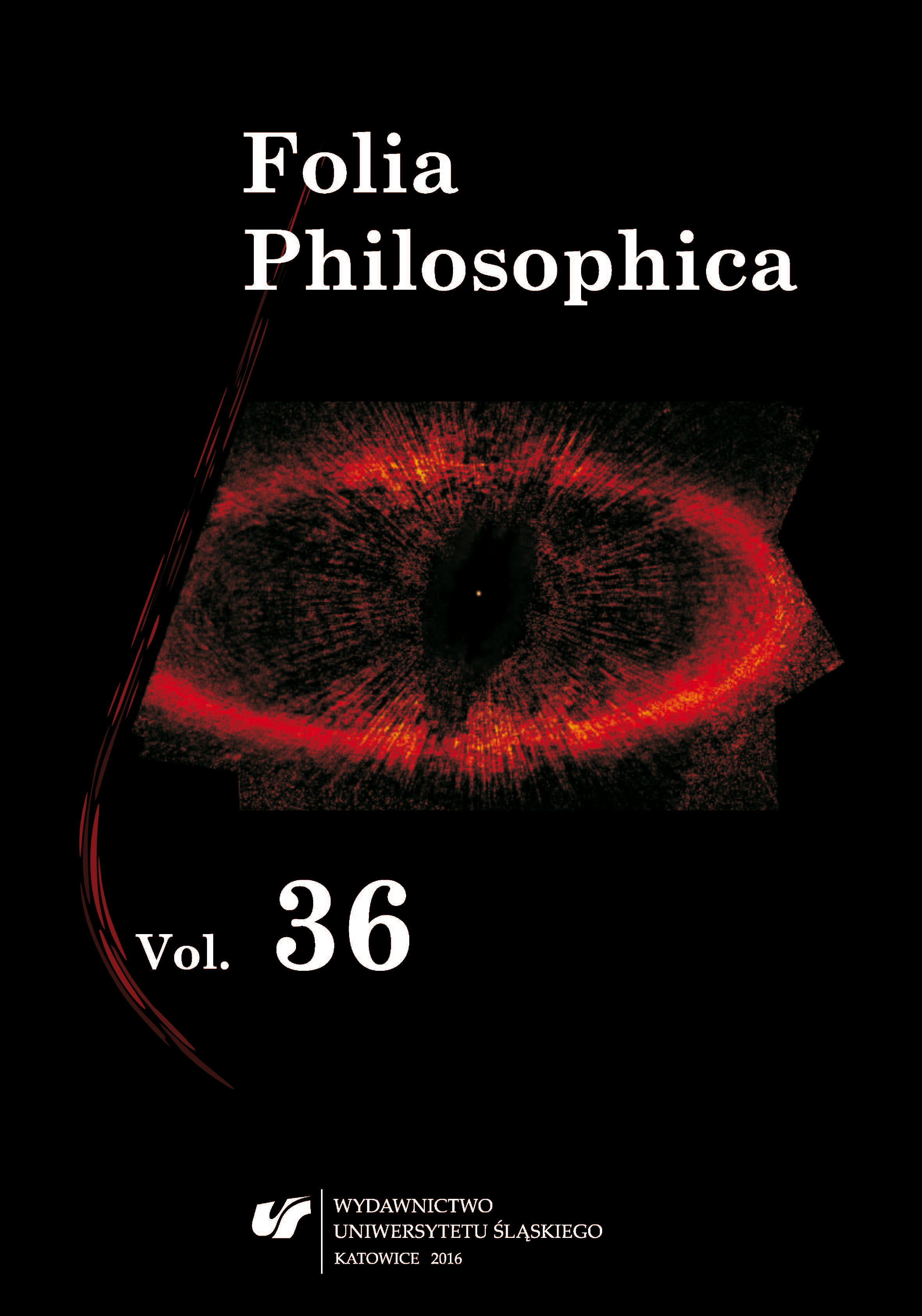Sceptyczne tropy Wittgensteina i transcendentalizm
Wittgenstein’s sceptical clues and transcendentalism
Author(s): Witold MarzędaSubject(s): Anthropology, Philosophy, Epistemology, Logic, Social Philosophy, Contemporary Philosophy, Pragmatism, Analytic Philosophy, Philosophy of Mind, Philosophy of Science, Philosophy of Law
Published by: Wydawnictwo Uniwersytetu Śląskiego
Keywords: Wittgenstein; scepticism; transcendentalism; Kripke
Summary/Abstract: The article concerns the rule-following paradox, which, according to Saul Kripke, was formulated in “Philosophical Investigations” (PI) by Ludwig Wittgenstein. The article indicates that an interesting starting point for the discussion of the paradox may be the concept of structure from Principia Mathematica and used in the Tractatus. It makes it possible to show how extracting a set of rules and a set of actions designated by them (which together form structure) can lead to paradoxical consequences and difficulties, as well as to identify three sceptical clues based on famous paragraph 201 of the PI. These are: (1) An action can be coordinated with a rule only for a finite number of steps. (2) A specific rule can be coordinated with any action. (3) A specific action can be coordinated with any rule. In order to analyse the first of them, the author evokes Wang’s finitism paradox. The second and third clue refer to the semantic difficulties identified by Saul Kripke in his famous book Wittgenstein on Rules and Private Language and to the problem of recognition of the sign, which Kripke does not mention and which makes the scepticism of the clues more radical. Wittgenstein’s paradox was already implicitly present in the transcendental philosophy of Immanuel Kant, as well as in the later discussions on the foundations of logic and mathematics — in the works of Ernst Schröder and David Hilbert, who pointed out the necessity of the principle of recognition of the sign as a kind of protection against doubt. Although transcendental philosophy, from its Kantian origins, was to be an alternative to both skepticism and dogmatism, transcendentalism is not the only possibility to escape the paradoxical sceptical consequences that Wittgenstein presented. Another solution may be to reject the distinction between rules and actions.
Journal: Folia Philosophica
- Issue Year: 2016
- Issue No: 36
- Page Range: 61-78
- Page Count: 18
- Language: Polish

